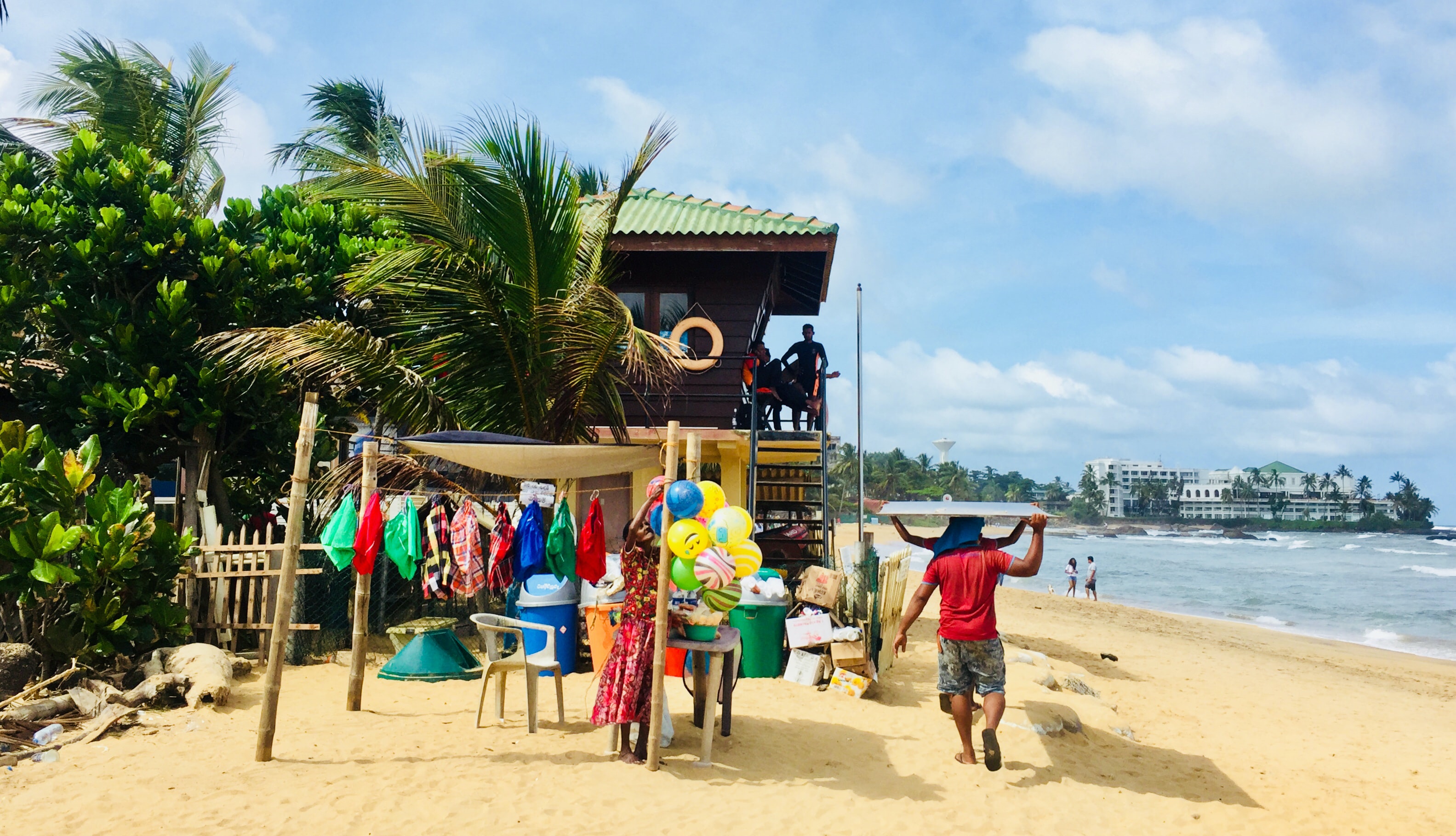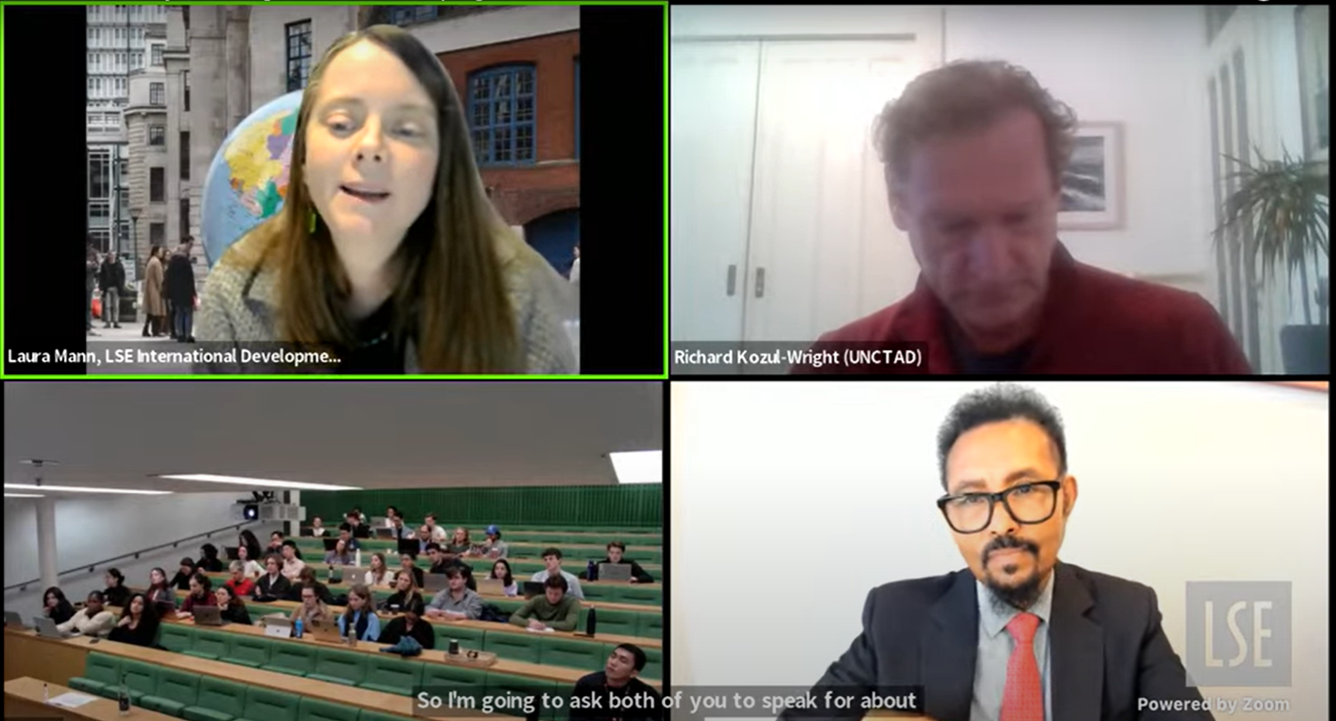MSc Development Management student, Angela Salmeron Contreras analyses the causes and solutions for dealing with Intergenerational Mobility through the implementation of public measures.
Inequality and the goal of achieving an equitable society are issues that are at the centre of the current political debate. This is why studying intergenerational mobility has become a topic of great interest among economists and sociologists in recent decades.
The questions most frequently asked are: To what extent can the income of the family in which the children are born, the home in which they grow up, or the educational level that the parents have, could have an influence in the economic results that the children might have in the future? In addition to these questions, we could also think of the effect that parents’ attitudes and parenting style have on the future of a child. As well as the fact that, some parents tend to encourage more or invest more in their children’s education in comparison to other families.
To be aware of the extent to which children’s income depends on their parents´ income, it is often useful to ask the question of how often poor children become poor adults (García-Altés y Ortún, 2014). Empirical studies show that economic prosperity tends to persist across generations. Children born to parents with a high level of education or income can expect better outcomes than children born into poorer conditions. Although the degree of intergenerational persistence may vary across countries and outcomes, family environment is universally a strong predictor of children’s outcomes.
On one hand, there is an emerging perception, and concern, that the increase in economic inequality is accompanied by an increasing persistence of inequality between generations (OCDE, 2018). That is why the application of policies by the Government can contribute to ending intergenerational persistence. Specifically, experts recommend applying public policies in early childhood, so monetary investments of goods and services, such as nutritious meals, schooling, and health care would be another way to encourage the development of a child’s skills (Day y Turner 2016).
On the other hand, public policies applied at the local level, rather than at the national level, turn out to be one of the best instruments to end inequality. This is because they can increase effectiveness when focusing the application of policies in those places where equal opportunities need to be promoted in order to help climb the social elevator. For example, in Spain, differences can be observed by territory. Hence, Catalonia becomes the area with the highest level of intergenerational mobility of the entire country, with levels similar to those of the Scandinavian countries. While Andalusia and the Canary Islands present the lowest levels (Soria Espín, 2022).
Having said that, it is crucial to emphasize that non-responsible use of aid can lead to a family dependence on subsidies, which in the long run can end up causing a negative effect on the labor market. It is also important to mention that the investment made by parents in their children will, generally, be more effective than the investment made by the Government (Dahl, Kostol y Mogstad, 2014). That is why the investments made by the latter should not replace the investments made by the parents.
Taking this into account, public policies could lead to an increase in intergenerational mobility in two ways: by investing in the most disadvantaged children (thus weakening the inheritance factor) and by financing higher education to reduce the effect of credit restrictions Becker y Tomes (1986).
The views expressed in this post are those of the author and in no way reflect those of the International Development LSE blog or the London School of Economics and Political Science.
Featured image: Ryunosuke Kikuno via Unsplash.





